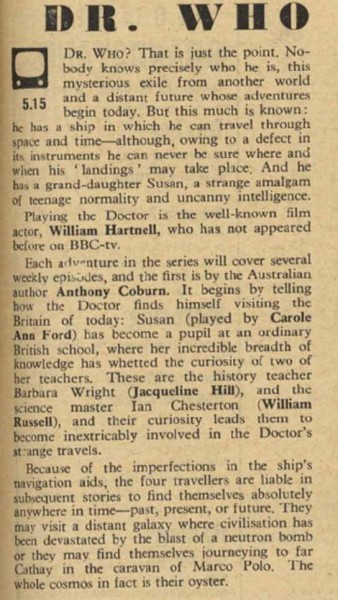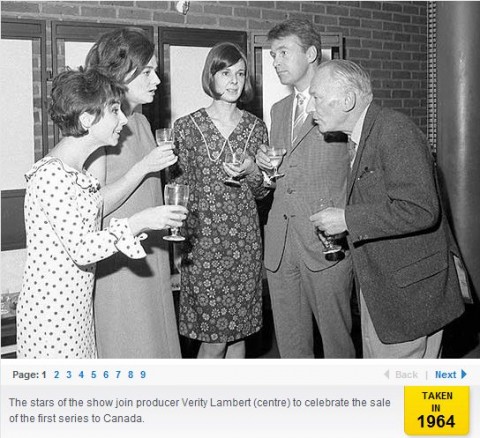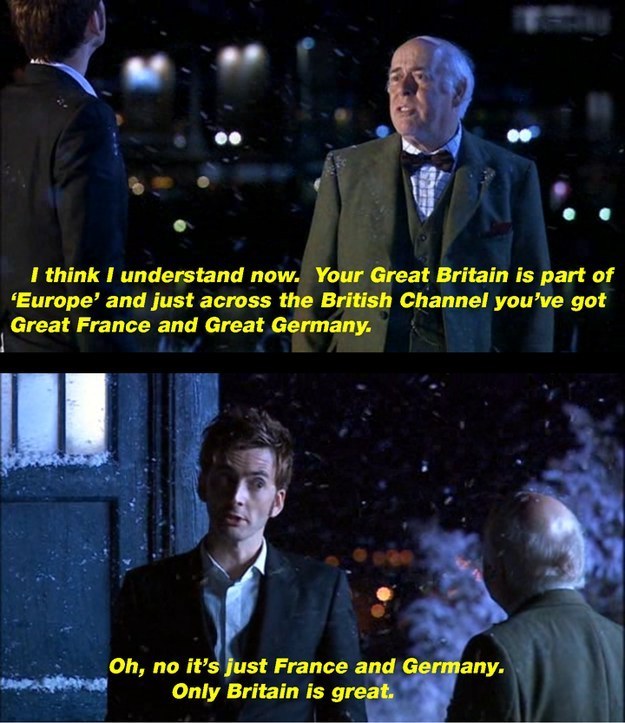I don’t watch Doctor Who although I have fond childhood memories of watching William Hartnell and Patrick Troughton’s respective “Doctors” and I caught one or two episodes of Jon Pertwee and Tom Baker in the role. That the show is still running on British TV is a wonder … but it got headlines for a recent installment that had the Doctor being told off for “assuming” an alien creature’s pronouns:
Remember when Doctor Who was fun? Watching it now is about as much fun as being publicly humiliated at work by some jumped-up nonbinary form-filler from HR who thinks he’s amazing because he’s painted one of his fingernails black.
A good example of this joylessness is a scene in the most recent special, “The Star Beast”, which has been treated by right-on broadsheet types as a moment of profound importance. Yet all that happened was a transwoman character – played by transwoman actor Yasmin Finney – lectured the Doctor about pronouns. In a moment of unforgivable Time Lord-cis privilege, the Doctor had assumed a diminutive alien called Beep the Meep used male pronouns. What was he thinking?
It is this sort of banal plot line that encapsulates the shrivelling ambition of science fiction. Once the genre dared to hold up a provocative mirror to contemporary society. From Mary Shelley’s Frankenstein to Octavia Butler’s Parable of the Sower, sci-fi challenged lazy assumptions. Now it revels in groupthink that feeds the collective self-righteousness of indolent teenagers and adults with teenage imaginations.
This matters, because at its best sci-fi can dazzle and even inspire us with the potential strangeness of the imagined future. A few years ago I made a series presented by William Shatner tracing the cultural and technological influence of Star Trek. In one episode, the inventor of the mobile phone, Martin Cooper, told director Julian Jones how he had been inspired by the example of Captain Kirk’s hand-held “communicator”. Will anyone invent something inspired by the new Doctor Who? A new set of guidelines for pronoun use, perhaps?
You can tell how out of touch Doctor Who has now become by the fact its enormously pompous showrunner, Russell T Davies, seemed to think that the new series would shock viewers with its “progressive” radicalism. The only shock was the alien pronoun scene’s patent stupidity.
I mean, why on Earth would the Doctor assume the gender of any alien? He has been encountering aliens with no fixed gender since the 1960s. The Doctor has effectively been asking aliens for their pronouns for nigh on 60 years.
Davies may think he’s blazing a trail with the new series of Doctor Who. But the truth is that gender-bending in science fiction is as old as the frozen hills of Gallifrey. In The War of the Worlds, published 125 years ago, HG Wells regaled us with Martian invaders who reproduced asexually. And hermaphrodites pepper sci-fi, from the work of Philip K Dick to that of Ursula K Le Guin.






